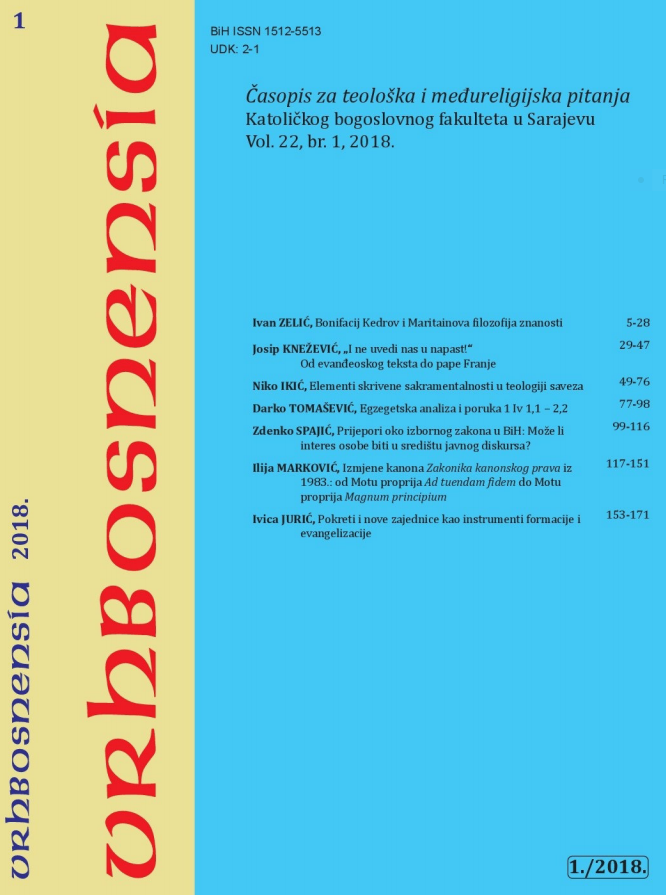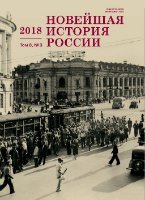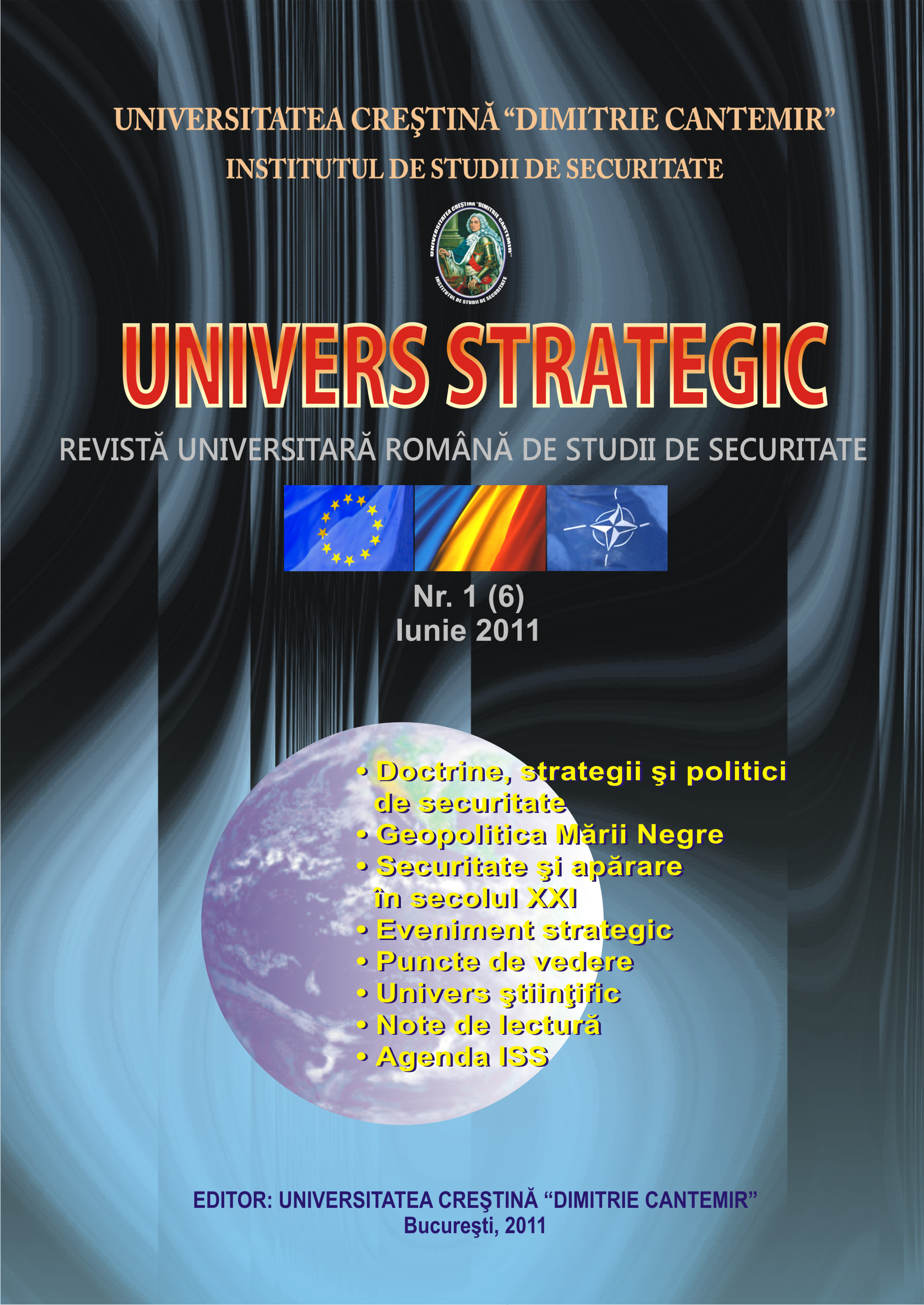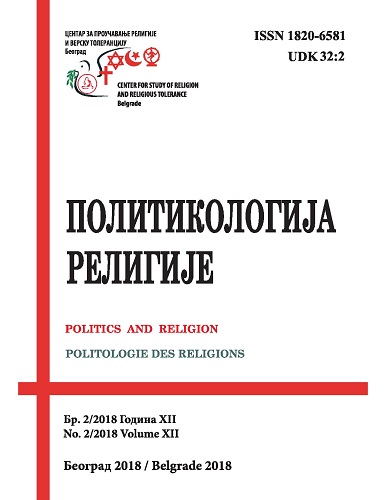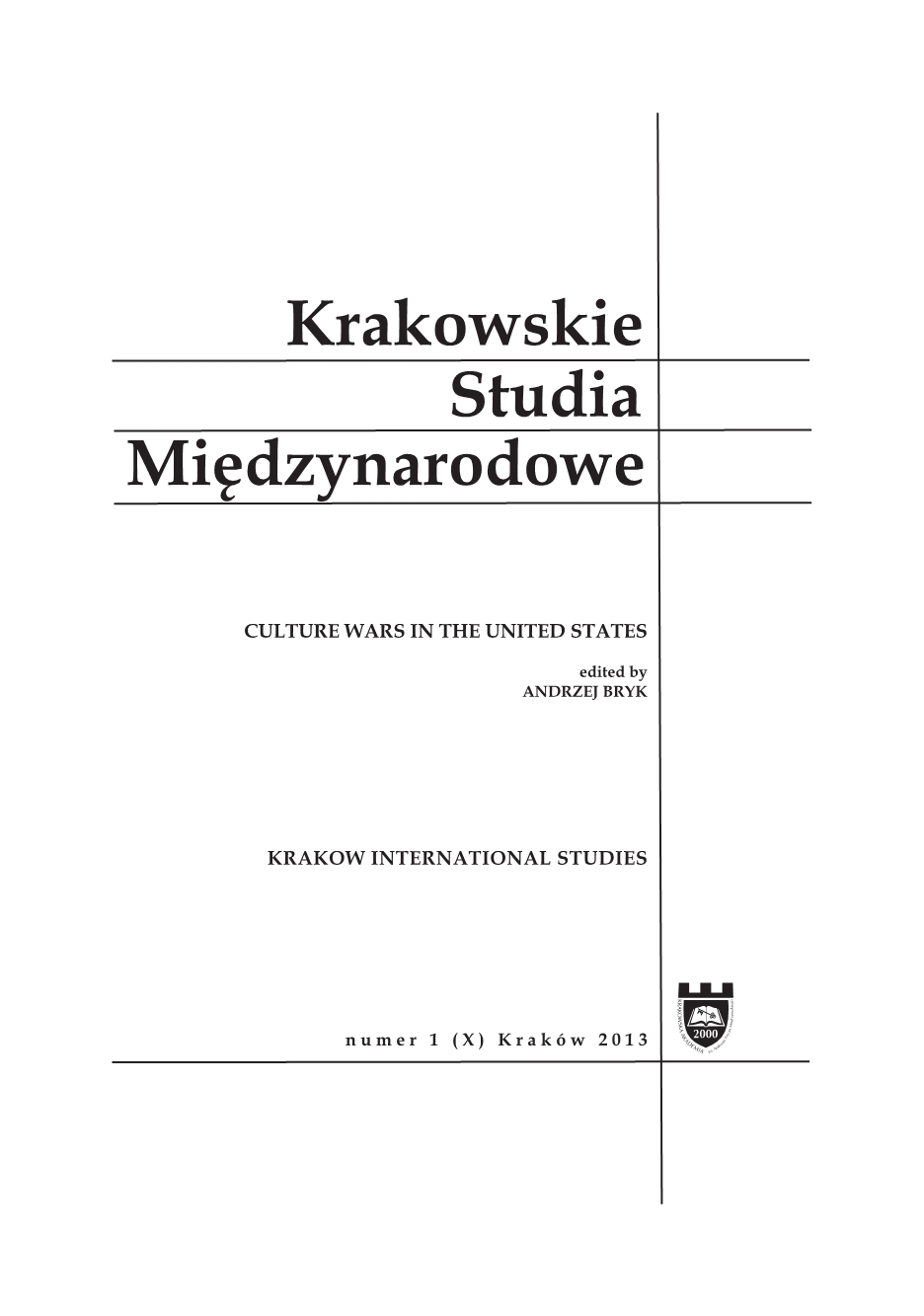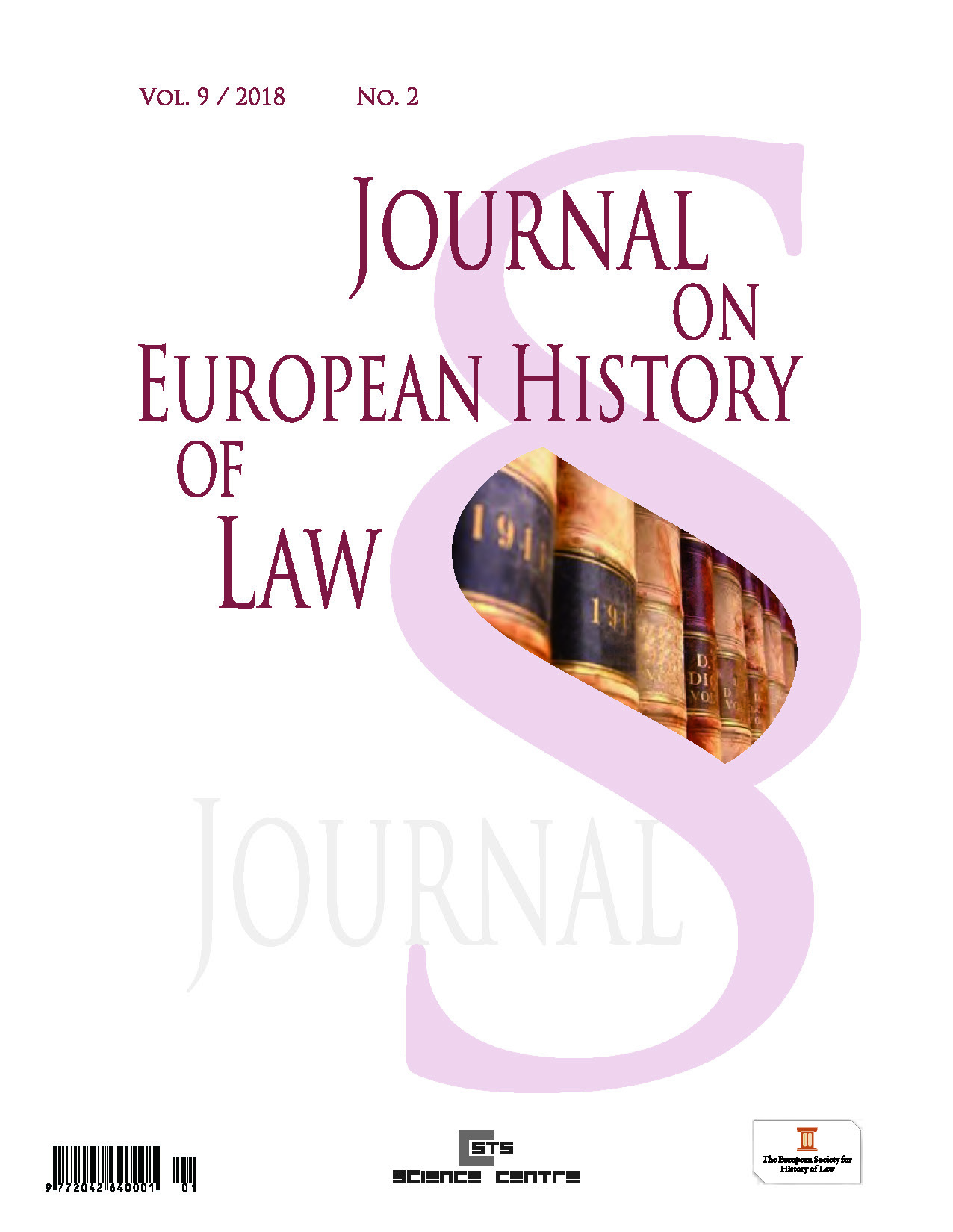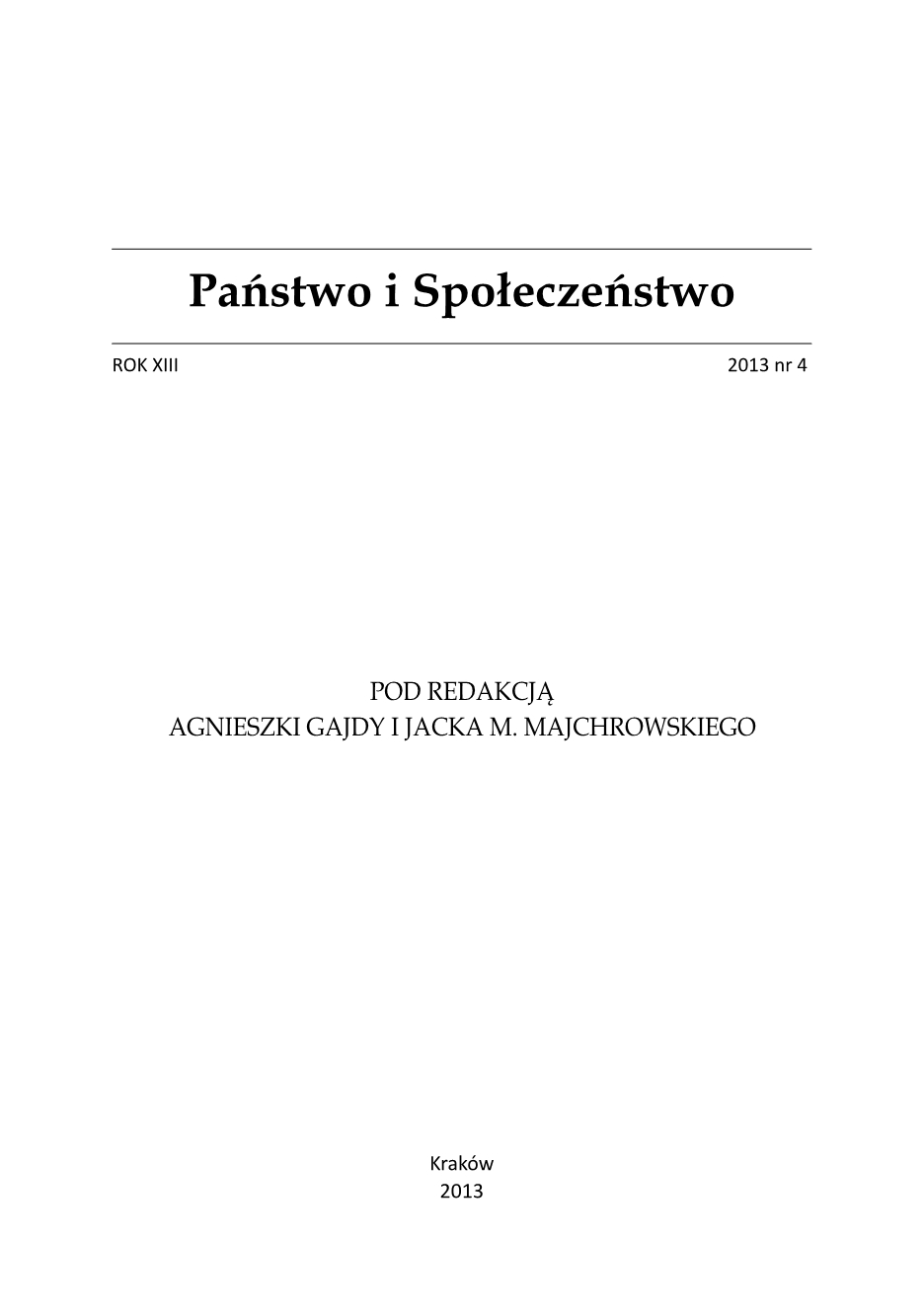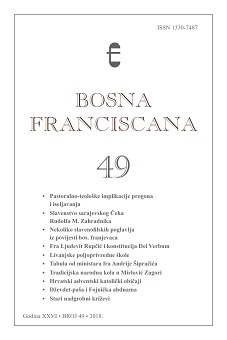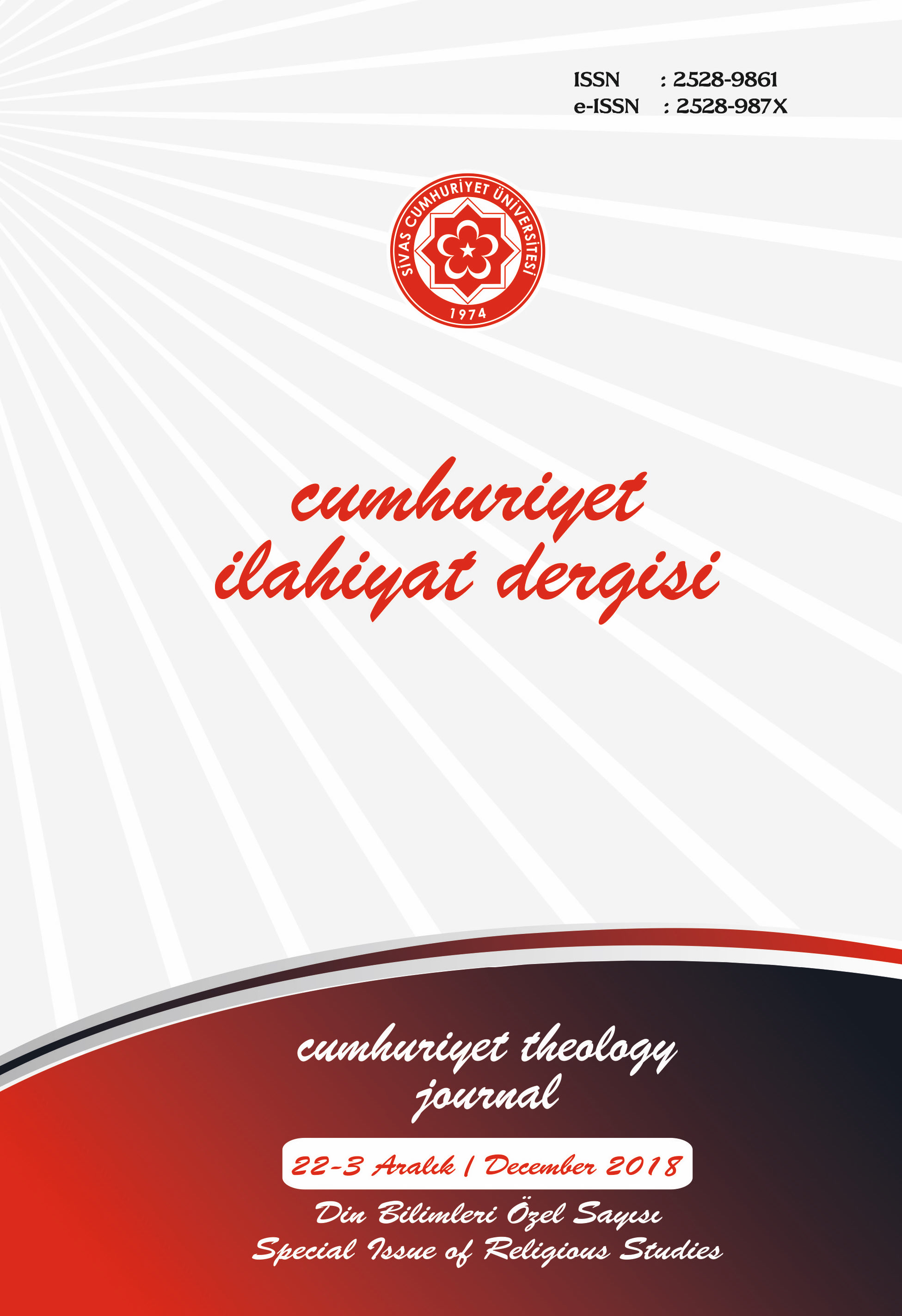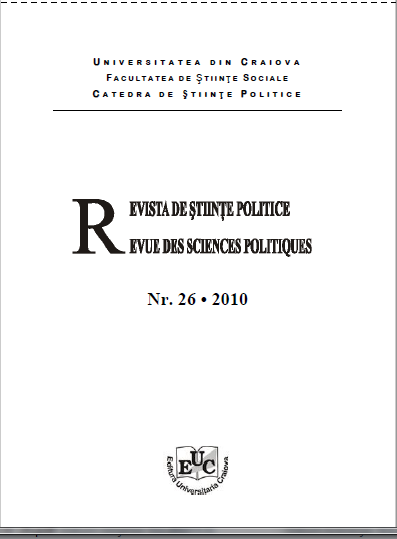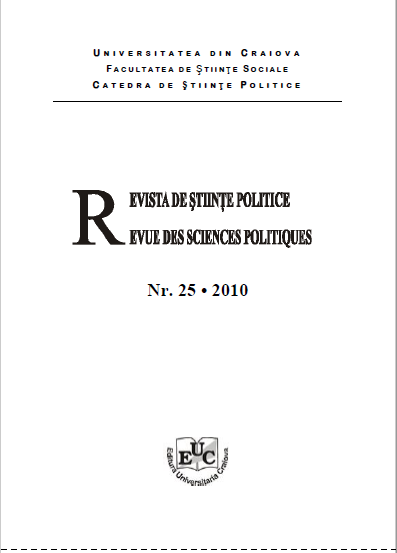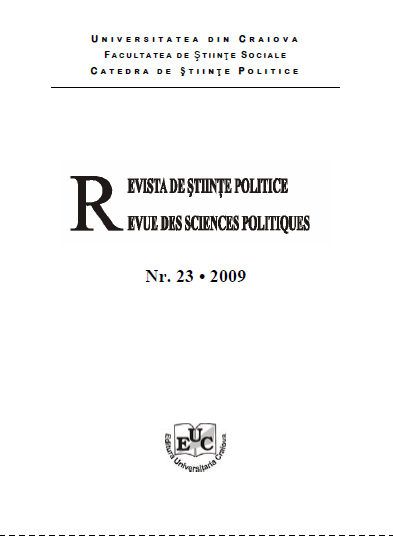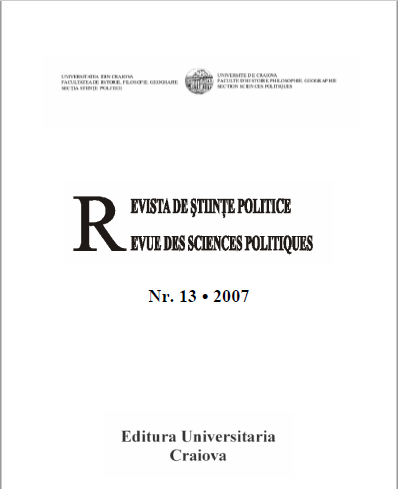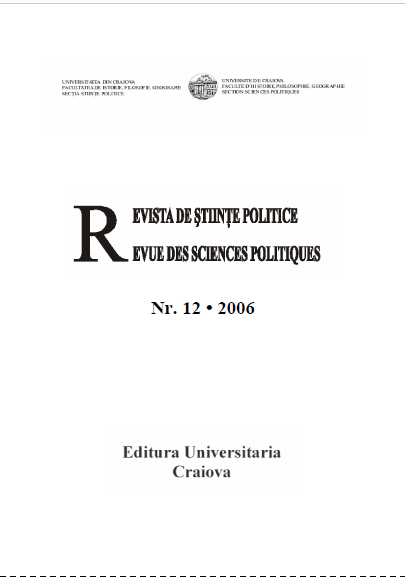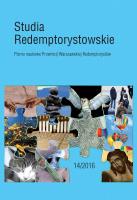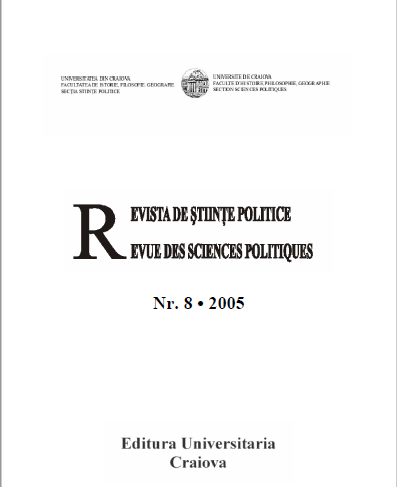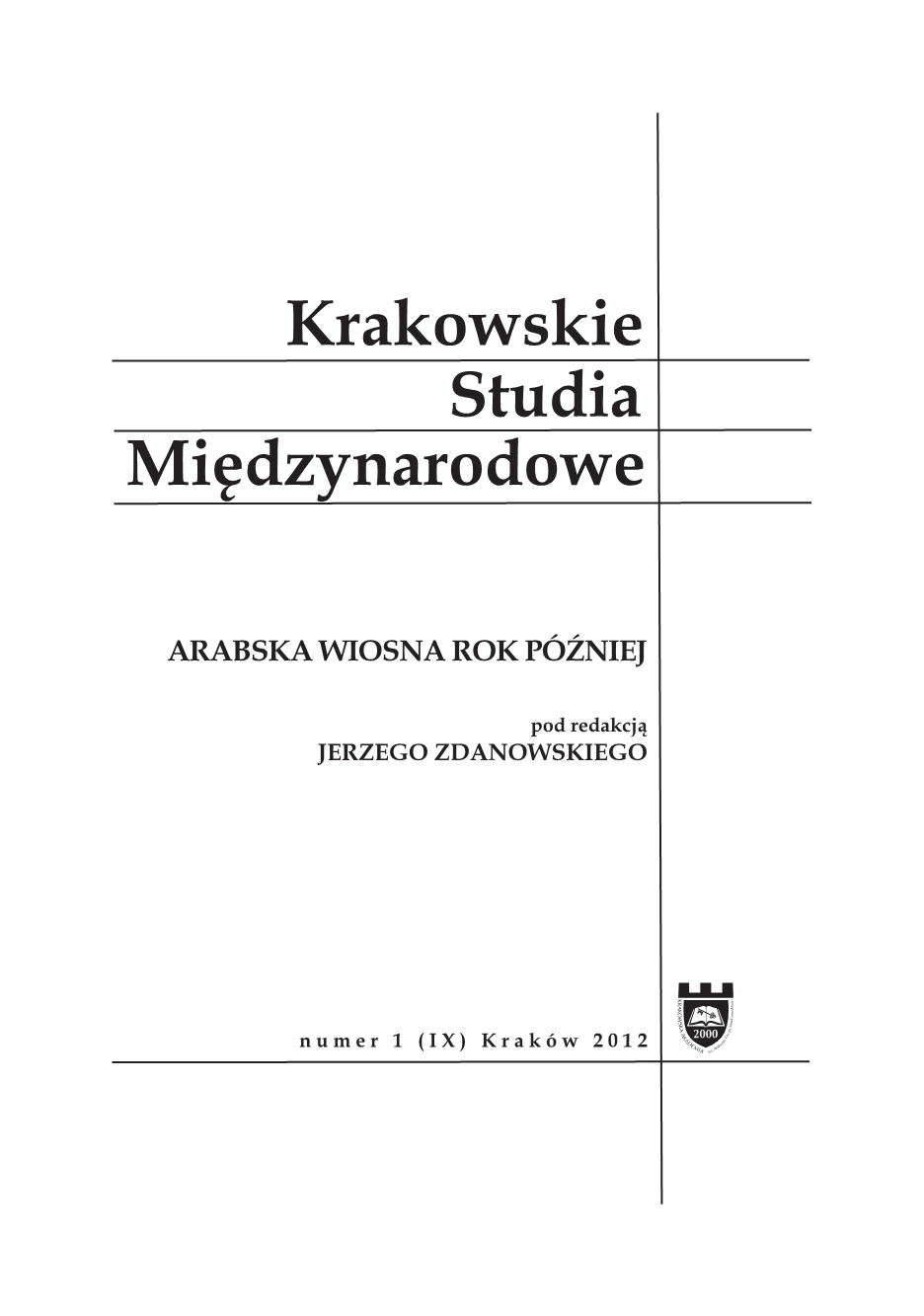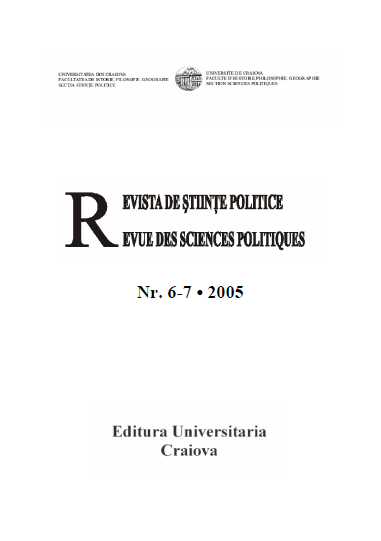Author(s): Mirjana Menković / Language(s): Serbian
Issue: 7/2017
A report of one of the first or the very first expert mission coming to Kosovo and Metohija to investigate intentional destruction of cultural heritage, by A. Herscher and A. Riedlmayer – “The Destruction of Cultural Heritage in Kosovo 1998–1999: a post-war survey”, stands out by the seriousness of its implications, as it was supposed to contain information for proving criminal liability for the destruction of heritage in Kosovo and Metohija in the armed conflict. It is the gravity of possible consequences triggered by this Report that drove the experts to pay attention as well as to be obliged to assess the applied methods, the authenticity of information and the validity of interpretations and views. With the aim of collecting the material for the report (03024863-03024873), which aspires to deal with the catastrophe and destruction of the complete cultural heritage in Kosovo and Metohija in an objective, unbiased and highly professional manner, the authors Herscher and Riedlmayer spent eighteen days on the field gathering data for 230 objects, out of which they individually visited less than half, and not a single one together. For ten facilities there are no records as to who visited them, and for the completion of documentation they used testimonies of non-qualified reporters (media, medical staff, refugees, priests and politically non-independent experts) devoid of the critical view of the author, in the sense that they discarded some information as incorrect. Lack of validity of these sources (incomplete photo documentation, unreliable reporters and limited time) was not diminished by the contact with current (Serbian) experts and institutions, nor by pertaining bibliographical sources, quite the contrary. This resulted in an arbitrary attribution of the labels cultural site / (categorized, recorded) protected cultural site, as well as a number of “smaller” errors (mismatching a photo and facility, etc.).
The Report witholds the facts related to the destruction and devastation of Serbian cultural heritage (referring to the investigations carried out in October 1999 and enlarged by further data in October 2000 and March 2001); in spite of the fact that it has been pointed out that all religious sites equally belong to the cultural heritage and that their purposeful damaging is not allowed, when a Serbian Orthodox site is in question, it is stated that those are modest or newly built churches, and acts of vandalism are interpreted as a revenge for the desecration of Albanian heritage. With a view to this, an issue of special importance is the attitude of the Hague Tribunal, as an indirect comissioner of this report, considering that none of the international documents contain the right to retaliate and provisory assessment of the character and weight of guilt leading to retaliation. On the other hand, when it comes to Islamic heritage, there is no data regarding the damage done after the military intervention with the intention of replacing old and authentic with new or inexpertly reconstructed buildings (in Peć and Rogovo). Moreover, care has been taken to point out that the present damage points not to the repercussions of air bombing (for which NATO would be responsible) but to shelling and other land operations, which were carried out by domestic army and police.
Attributing the towers (‘kula’), stone houses for habitation, widespread throughout Western Balkans during the decline of the Ottoman Empire, to Albanian construction heritage is erroneous and tendentious. At the same level there is the attribution of bazaars, urban units used for the purpose of trade, to the Islamic religious tradition. Nevertheless, the most malicious act was the exclusion of towers (‘kula’), mansions (‘konak’), monasteries (‘manastirska vinica’), mills and houses of Serbian Orthodox architectural heritage and its limitation to churches, monasteries and graveyards, as though the Orthodox Serbs had not lived there and created material culture, but had only prayed and died.
As regards expertness, thus, the Report is methodologically ill-founded, and in particular places contradictory and unsystematic. What causes most concern is the fact that throughout the report, starting from the definition of what constitutes the immovable cultural heritage in Kosovo and Metohija (cultural monuments, territorial cultural-geographical units, archeological sites and historical sites) and its dating, continuing with the description of the actual damage, and ending with an account of probable causes, one can consistently witness its superficiality, tendentiousness and bias.
The greatest failures as regards protection are the implementation of inconsistent and unprincipled criteria in the selection of sites to be reported on, lack of critical thinking in selecting sources and, fi nally, a total absence of suggestions for operationalization and financing projects for conservation and reconstruction of heritage. Apart from that, none of the reports dating from 1999–2003 was accompanied by an exceptionally important document that would deal with institutions, that is, the relations between the institutions of temporary self-governance and their authorizations in the field of protection of construction heritage as well as the relations between the said institutions and the UNMIK Administration. Even the UNESCO Report of 2003 failed to provide satisfactory institutional proposals for resolving problems with the protection and conservation of endangered multicultural heritage. Contrary to the article 9 of the Declaration from the Conference on human habitation (Vancouver, 1976), which emphasizes the inalienable right of every country “to be with full sovereignty the owner of indigineous cultural values that are the fruit of its whole history” and the Convention on the protection of cultural goods in case of armed confl ict (The Hague, 1954), a precedent has been made in that a temporary UN Mission, without justification, interprets the international Convention in such a way that it “ignores the interpretation of an authorized organization and in a situation in which the said conduct leaves a permanent testimony to the devastation of a country’s cultural heritage”. As the SE experts firmly stated, there are no grounds for transferring the authorization to some other country, ethnic or religious community, as opposed to the accountability, which the authorized body may confer, and which all those who deal with heritage take on themselves. With regard to that, the authors of this Report are par tially responsible for the interpretation according to which the devastation of Serbian cultural heritage in Kosovo and Metohija is ‘just’ an act of retaliation for previously desecrated and destroyed Albanian heritage, which provided the lay public with a justification for later, greater destruction, especially that of March 2004.
More...
